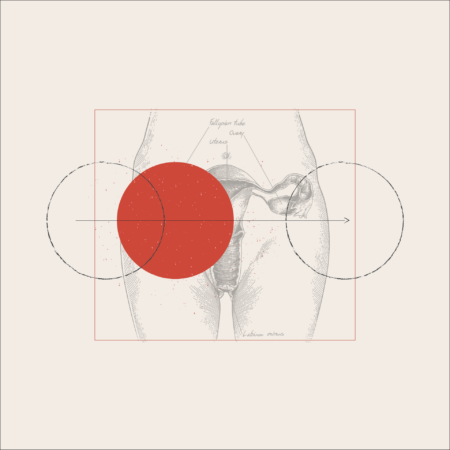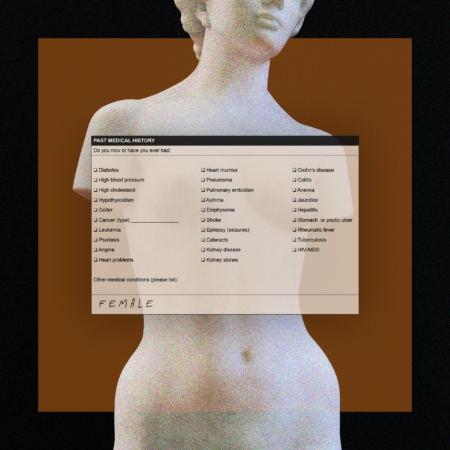From our first menstrual period to our last menopausal hot flash, women spend most of their lives facing distinct health challenges (everything from endometriosis and PCOS to premenstrual dysphoric disorder, vaginismus, and even Alzheimer’s, which disproportionately affects women). Too often—due to a systemic dearth of education about the female body—women are left trying to decipher these health concerns alone. In an effort to close the pervasive health education gap in women’s healthcare, we have curated 11 must-read women-authored books that address everything from fertility and hormone health to breast cancer and autoimmune disease.

Unwell Women
Feminist historian and cultural critic Elinor Cleghorn’s Unwell Women is an exploration of gender roles and practices that have shaped the history of medicine as a patriarchal science. After spending years being told her own mystery symptoms could be anything from a psychosomatic illness to a possible pregnancy, Cleghorn was finally diagnosed with an autoimmune disease. When she turned to history for answers, she found an enraging legacy of suffering, mystification, and misdiagnosis for women seeking help from the medical world. Unwell Women examines of the relationship between women, illness, and medicine, and traces the almost unbelievable history of how medicine has continuously failed women from the “wandering womb” of Ancient Greece to the rise of witch trials across Europe, and the present day.

Woman Code
Written by holistic health coach Alisa Vitti in 2013, WomanCode is one of the best publications currently available for those seeking a deeper understanding of the female hormonal cycle. After years of suffering from polycystic ovarian syndrome (PCOS), Vitti was able to heal herself through food and lifestyle changes. Whether you are experiencing irregular periods, fertility issues, depression, or lack of sex drive, Vitti’s five-step food-based program argues that medications and anti-depressants aren’t the only solutions.
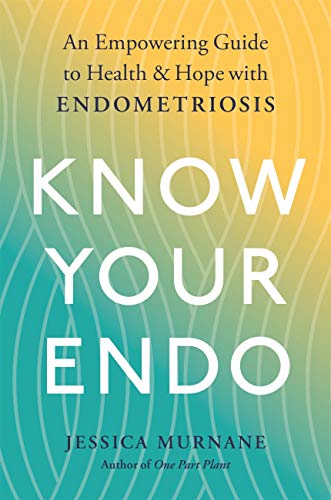
Know Your Endo
Know Your Endo is a comprehensive guide to health for those living with endometriosis, offering tools and strategies to help manage pain and symptoms through diet, movement, and stress management practices. Author, speaker, and creative consultant Jessica Murnane weaves her personal journey living with endometriosis —a disease that affects 1 in 10 women and girls across the globe— with essential guidance, encouragement, and practical lifestyle tools to give women more control over their bodies.
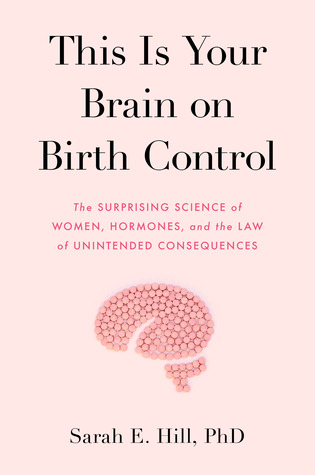
This Is Your Brain on Birth Control
Written by evolutionary psychologist Dr. Sarah E Hill, This Is Your Brain on Birth Control is an interrogation of the things you likely didn’t hear about the pill during your recent OBGYN appointment. Echoing Alissa Vitti’s WomanCode, the book investigates how the oral birth control pill can influence everything from your choice of partner to your sensitivity to smells, fundamentally affecting a woman’s psychology.
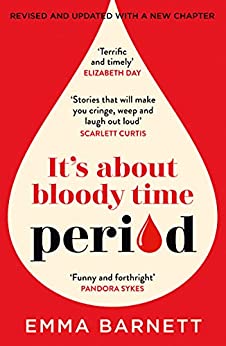
Period
Why, in the 21st century, are periods still seen as icky? Why are we still so ignorant about such a fundamental bodily process? Emma Barnett, the award-winning BBC Woman’s Hour presenter—and the first person in the UK to announce she was menstruating on live television news—sets out to answer these questions in her fiercely funny book, Period. A rallying cry to smash the stigma around periods once and for all, Period is part-memoir, part-social, and part-manifesto on why we need to smash the awkward and illogical societal stigma around periods.

Breasts: The Owner's Manual
No one wants a reason to read a book about breast cancer, but Breasts: The Owner’s Manual is an indispensable and valued guide for all women looking to optimize health and minimize breast illness. Written by breast cancer surgeon Dr. Kristi Funk (widely known as Angelina Jolie’s doctor), this national bestselling book provides women with a step-by-step guide to reducing cancer risk, making treatment choices, and optimizing health outcomes.
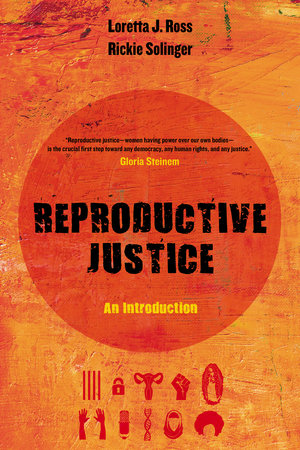
Reproductive Justice: An Introduction
Centering the experiences of women of color, scholar-activists Loretta J. Ross and Rickie Solinger give an intersectional analysis of how gender, class, and race factor into how women understand and access healthcare—and what it means for the fight for equality. Reproductive Justice: An Introduction expands the social justice discourse surrounding reproductive rights to include issues of environmental justice, incarceration, poverty, and disability, providing an essential guide to understanding and mobilizing around women’s human rights in the 21st century.

The Menopause Manifesto
Through a combination of personal anecdotes, scientific study, and medical advice, The Menopause Manifesto presents a detailed and intelligent discussion of the biological processes that women experience during the middle of their lives. Just as she did in her groundbreaking bestseller The Vagina Bible, Dr. Jen Gunter, provides evidence-based information about what menopause does to the body; by breaking it down into its component parts, she robs menopause of its shame and secrecy in a society where a woman’s worth is weighed based on her youth and fertility.

Belabored
A thoughtful, impassioned look at mothering in defense of the autonomy, rights, and dignity of all pregnant people, Belabored examines how the reality of motherhood contrasts sharply with our culture’s prevailing creation myth of the “pure white mother,” while disregarding black, brown, or queer mothers whose images do not fit with the canonized forms of femininity. Writer Lyz Lenz reflects on her own experience carrying her two children, where she witnessed how the sacrifices demanded during pregnancy carried over into the cult of motherhood, and explores why women are expected to play the narrowly defined roles of “wife” and “mother” rather than just being themselves.
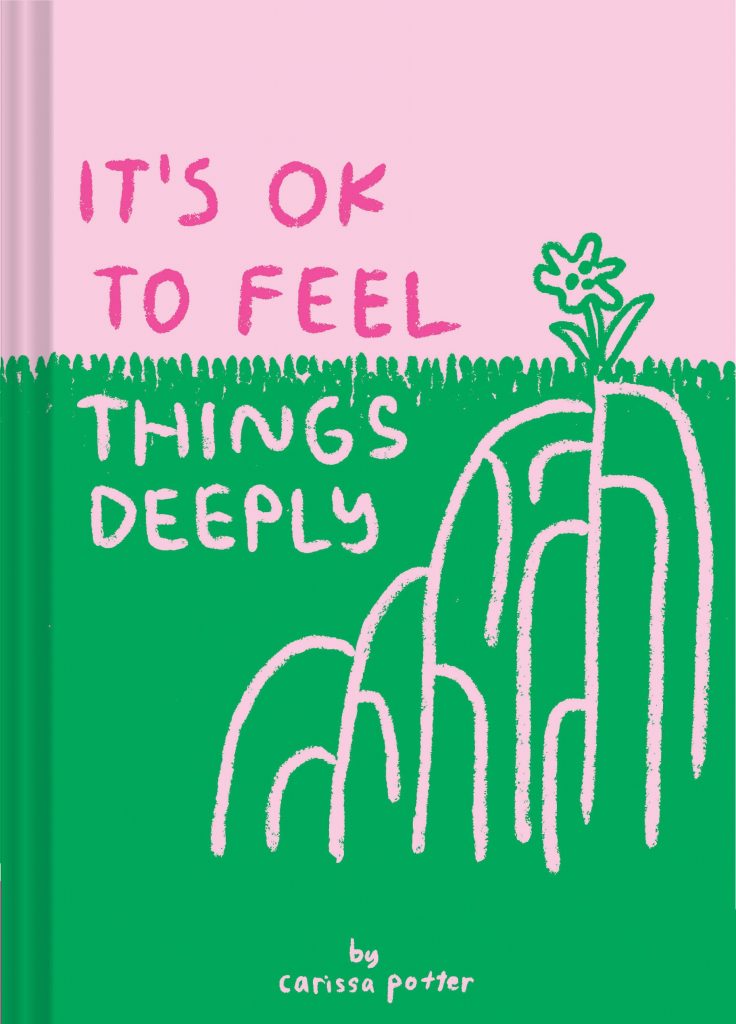
It's Okay to Feel Things Deeply
Written by artist Carissa Potter, It’s OK to Feel Things Deeply is a book about helping women cope with depression, grief, anxiety, and stress through empathy and humor. Featuring Potter’s original illustrations, her writing is an uplifting reminder that it’s normal to feel deeply— along with Potter’s personal reflections of wisdom to help her audience navigate through these deep emotions. Through practical guidance, meaningful messages of empathy, honesty, art and comedy, It’s Okay to Feel Things Deeply gives women the encouragement they need exactly when they need it.
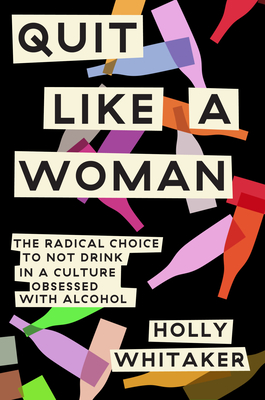
Quit Like A Woman
Founder and CEO of Tempest, a female-focused recovery program, Holly Whitaker shares her addiction recovery journey in Quit Like A Woman: The Radical Choice to Not Drink in a Culture Obsessed with Alcohol, while revealing the insidious role alcohol plays in the lives of women. Written with both honesty and wit, Whitaker’s memoir explores the misogyny of drinking culture and even of recovery programs like Alcoholics Anonymous, arguing the program’s inability to address the unique needs of women and other historically oppressed people.


